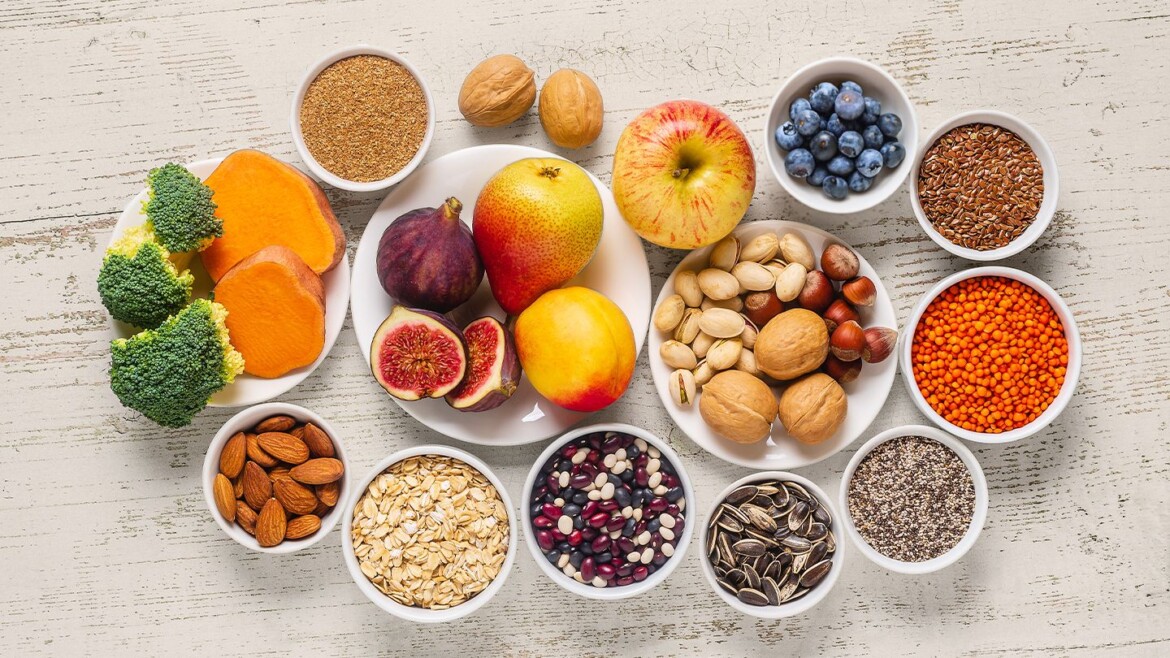
Introduction
A low-fat diet is often recommended for heart health and weight management, but cutting out too many healthy fats can negatively impact hormonal balance. Fats are essential for hormone production, and an extremely low-fat diet may lead to issues such as irregular menstrual cycles, mood swings, and metabolic disruptions. Understanding the relationship between dietary fat and hormone health is crucial for maintaining overall well-being.
How a Low-Fat Diet Affects Hormonal Balance
1. Disrupts Estrogen and Progesterone Levels
- Healthy fats play a key role in producing estrogen and progesterone, which regulate menstrual cycles and reproductive health. A lack of fats can lead to irregular periods and fertility issues.
2. Reduces Testosterone Levels
- Fats, especially omega-3 and omega-6 fatty acids, are essential for testosterone production. Low-fat diets can cause a decline in energy levels, muscle mass, and libido.
3. Increases Cortisol (Stress Hormone)
- A low-fat diet may elevate cortisol levels, leading to stress, anxiety, and difficulty managing blood sugar levels.
4. Impacts Thyroid Function
- The thyroid requires adequate fats for proper function. A deficiency can slow metabolism, causing fatigue, weight gain, and hair thinning.
Best Fats for Hormonal Balance
1. Omega-3 Fatty Acids
- Found in fatty fish (salmon, mackerel), flaxseeds, and walnuts, omega-3s reduce inflammation and support hormone production.
2. Monounsaturated Fats
- Avocados, olive oil, and nuts provide essential fats that help stabilize hormone levels.
3. Saturated Fats (in Moderation)
- Coconut oil, grass-fed butter, and dairy products contribute to hormone synthesis without harmful effects when consumed in balance.
4. Essential Fatty Acids
- Seeds like flaxseeds, chia seeds, and hemp seeds support estrogen balance and overall hormone health.
Foods to Avoid in a Low-Fat Diet for Hormonal Balance
- Processed Low-Fat Foods: Often contain added sugars and artificial ingredients that disrupt hormone function.
- Excessive Soy Products: Can mimic estrogen and contribute to hormonal imbalances.
- Refined Carbohydrates: Lead to insulin resistance and disrupt hormonal equilibrium.
- Trans Fats: Found in fried and processed foods, increasing inflammation and affecting hormone regulation.
Tips to Incorporate Healthy Fats Without Overloading Calories
- Balance Your Diet: Include moderate amounts of healthy fats in every meal.
- Choose Whole Foods: Focus on natural sources of fats rather than processed alternatives.
- Monitor Portion Sizes: Avoid excessive consumption while ensuring adequate fat intake.
- Stay Hydrated: Proper hydration helps with fat metabolism and hormone regulation.
Conclusion
A low-fat diet can negatively impact hormonal balance if essential fats are not consumed adequately. Incorporating healthy fats such as omega-3s, monounsaturated fats, and essential fatty acids can help maintain hormonal stability, support reproductive health, and prevent metabolic issues. Rather than eliminating fats entirely, focus on a balanced diet that nourishes hormone function and overall well-being. If you experience persistent symptoms of hormonal imbalance, consult a healthcare professional for guidance on optimizing your diet.

